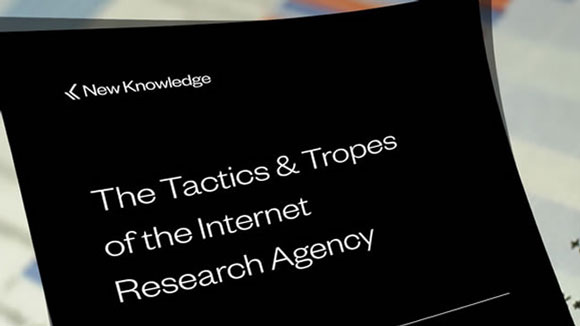Minding the Gap: Connecting Diversity with Diverse IT

Nancy Flake Johnson
President & Chief Executive Officer, Urban League of Greater Atlanta
Twitter: @ULGATL
In today’s economy, the information technology sector offers the best long-term growth and wealth building opportunity. According to the Bureau of Labor Statistics, our economy is expected to add 557,100 new IT jobs between 2016 and 2026, representing a 13% growth—which is faster than the average for all occupations. And, in 2016, the median annual wage for computer and information technology occupations was $82,860—higher than the median annual wage of $37,040 for non-tech jobs.
Despite dramatic growth in the IT sector, a survey [1] found that the combined percentage of African-American tech workers at Facebook, Yahoo, Airbnb and Google hovered at 1%—and those statistics did not improve in 2017.
Studies have shown that the lack of diversity in the workforce cannot be blamed on low numbers of Black and Brown people receiving technology training and degrees. The number of African-American graduates with tech degrees is two to three times greater than the hire rate of these graduates by Silicon Valley or other tech firms. Students of color are well represented in college technology departments. The employment problem has deep-seated roots, including bias in hiring and promotions, and the perception (or reality) of an unwelcoming environment tamping down the number of possible candidates.
In 2011, the Urban League of Greater Atlanta began to focus on the challenge of placing more people of color into high tech jobs and careers with the creation of the H1B Technical Skills Training Program. The joint project was funded by the U.S. Department of Labor in collaboration with the international accounting and consulting firm, Ernst & Young, and Clark Atlanta University’s School of Business. The program provided 145 primarily African-American, college educated, long-term unemployed and underemployed men and women with on-the-job training at Ernst & Young, which eventually led to positions as certified system architects and system analysts to high-level clients in an eight month period. The project achieved a 93% employment and retention rate.
This year, we launched Career Pathways to Empowerment, a workforce development platform that offers employers access to highly trained talent, and job seekers the opportunity to explore high demand and high paying career pathways, particularly in the IT sector. Clients will receive the training and credentials required to enter their respective fields, from entry level help desk work to coding, network engineering, cybersecurity, and more.
Building on the success of the H1B training program, we are laying the foundation to serve as a bridge between our clients and our employer partners, training providers, and educational institutions. The Urban League of Greater Atlanta is poised to make a significant impact on the breadth and depth of diversity in IT professions and on wealth building through IT in African-American communities.
[1] “The Alarming Downsides to Tech Industry Diversity Reports,” Sidney Fussell, December 13, 2016


 Equality Index
Equality Index  Senate Report
Senate Report  2020 SOBA Essays
2020 SOBA Essays  2019 Report
2019 Report 